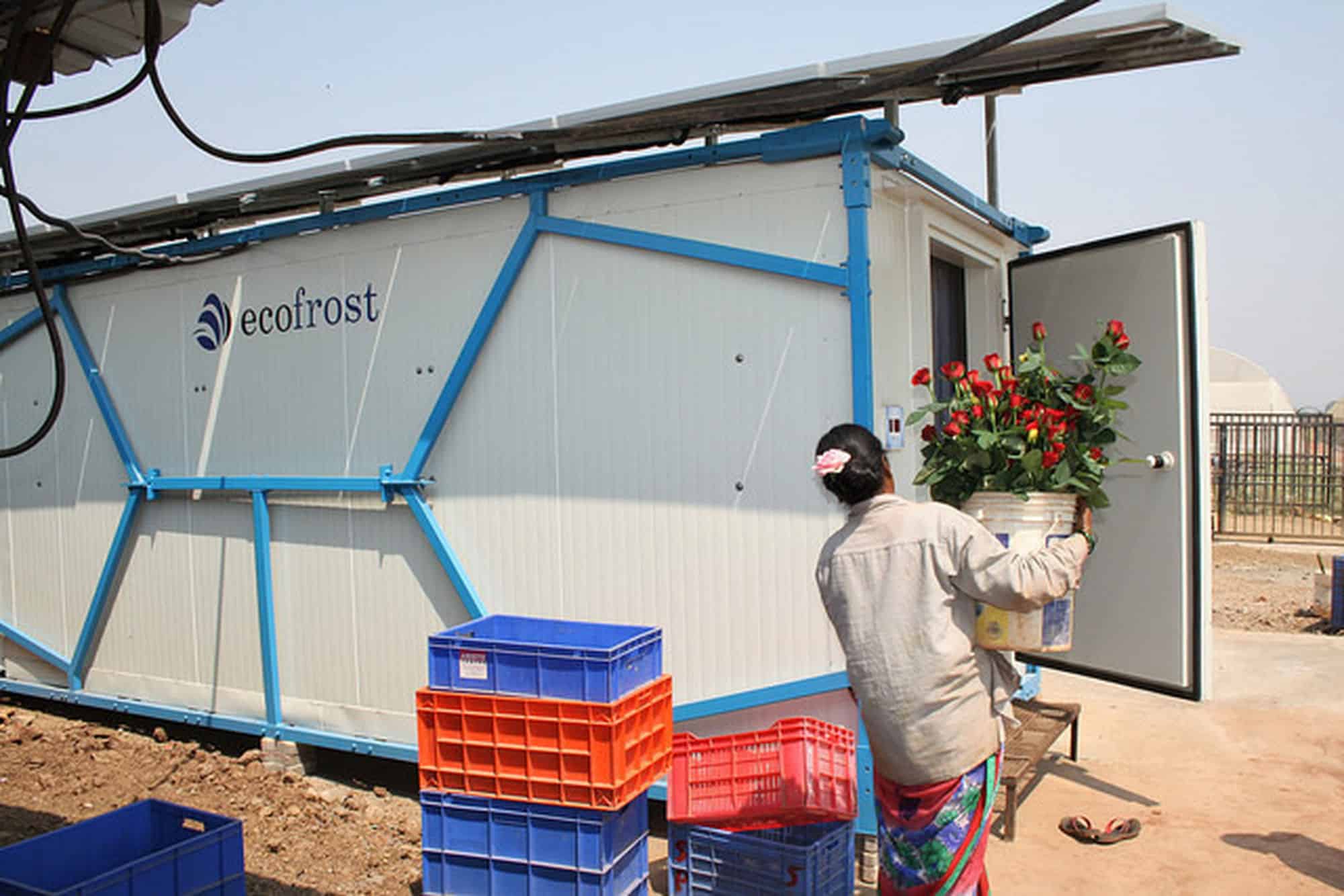Many of us are spending a lot time with our family or housemates, both in person and online at the moment, and a lot of us can’t get out into nature and appreciate the beautiful world we live in. However, today, 22 April 2020, is Earth Day – so whether you’re talking on WhatsApp or over the dinner table, it’s a great day to think about what we can do to protect our world and talk about how we can contribute to the global need for climate action.
We’ve put together a climate solutions challenge – just three facts to share with the people you’re in lockdown with and online.
The solutions are already out there
First, the good news. Solutions to the climate crisis already exist, are affordable – and are lowering emissions right now. We don’t have to sit and hope for new inventions. The tools are already in our hands.
They range from cutting edge tech, such as liquid-air energy storage, to cycle schemes that get communities pedalling. You can find climate solutions in gleaming skyscrapers, like this ultra-smart energy monitoring software, and rural villages, like these solar-powered cold fridges for farmers.
There are even award-winning robots insulating homes to cut energy use and reduce bills.

Q-Bot won and Ashden Award in 2018
Climate action does more than cut emissions
Now, the even better news. Climate action brings a huge range of immediate benefits as well as tackling the effects of climate change – more trees mean more green space for us to enjoy, sustainable transport gives us cleaner air and gets us fitter, affordable renewable energy connects remote communities to the internet, provides more jobs and more light for sports and hobbies, and better healthcare.
Karuna Trust uses solar energy to provide vital health services in five Indian states, reaching patients in poor rural areas. Solar-powered eye clinics in shipping containers serve remote towns and villages that have never had access to these services before, preventing blindness from very treatable conditions. Maternal health workers are equipped with ‘solar back-packs’ holding essential lighting and equipment so they can provide quality care in the field. This improves patient safety and provides hard-working healthcare staff with better working conditions.

Karuna Trust won an Ashden Award in 2019
We’ve got to scale up fast
Finally, the difficult one. These solutions just aren’t scaling and spreading fast enough. The climate crisis is in the spotlight like never before, but we are still not doing enough to prevent disasters like extreme weather events and food shortages that are already happening. Scientists warn that the ‘climate decade’ up to 2030 is absolutely crucial – we need radical action to steer us towards a low-carbon future.
There are important steps we can all take:
- Making sure you’ve switched any savings, pensions and investments you have out of fossil fuel companies and into climate-friendly alternatives.
- Using sustainable transport options like walking, cycling and car-sharing.
- Switching energy suppliers.
- Insulate your home and make other energy efficiency edits
But our lifestyle choices alone won’t be enough. Massive investment and political action are needed too.
Local is a great place to start. In the UK, many local authorities have declared a climate emergency – but are struggling with how to cut emissions. That’s why we developed a climate action toolkit. It gives councils inspiration with practical steps and examples from around the country – once you’ve won over your friends and family on the need for urgent climate action, why not share these resources with your local councillor.
Creating change in your neighbourhood will reveal the power of sustainable solutions – delivering better lives today and tomorrow.
Happy 50th Earth Day!

